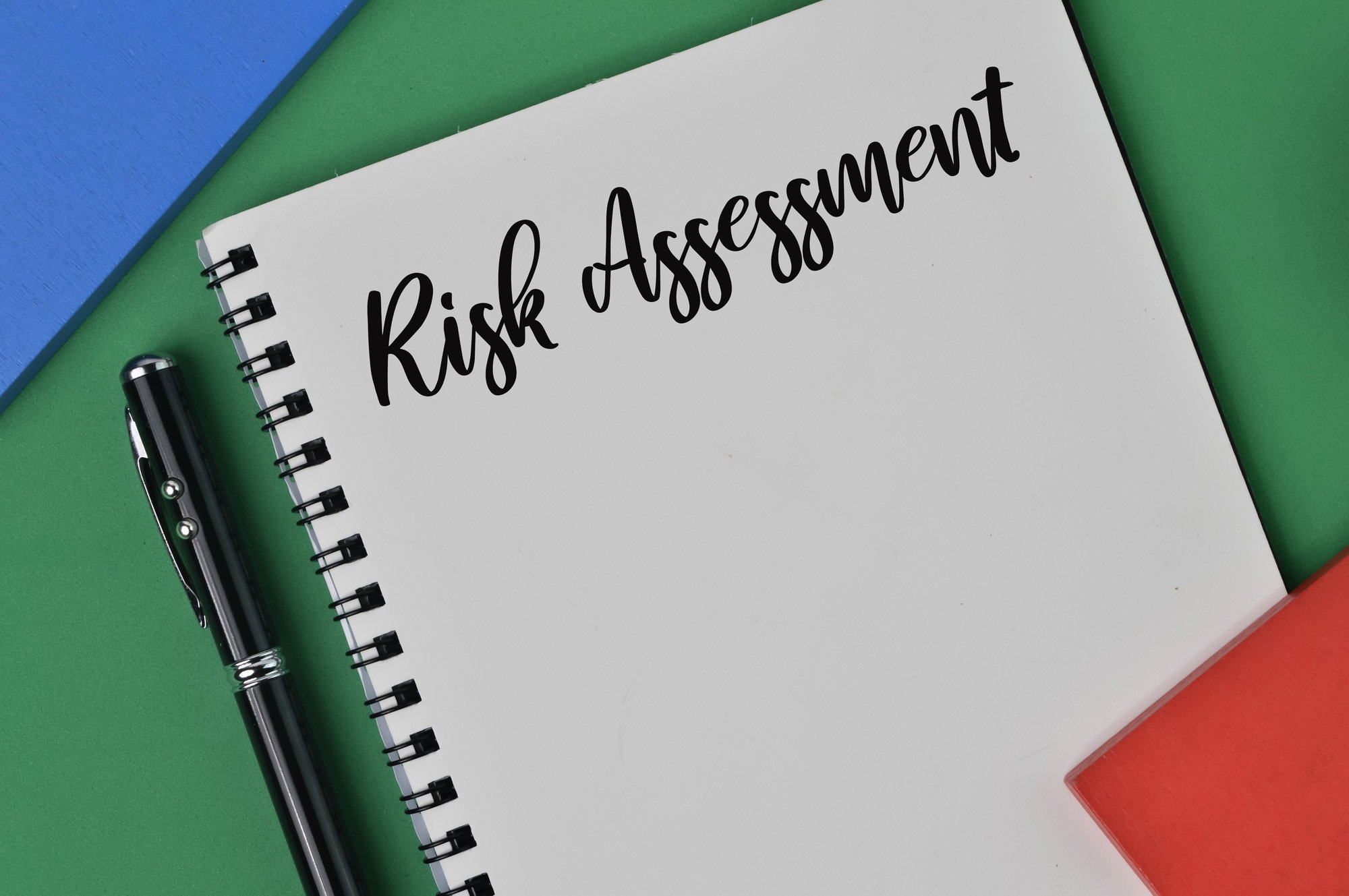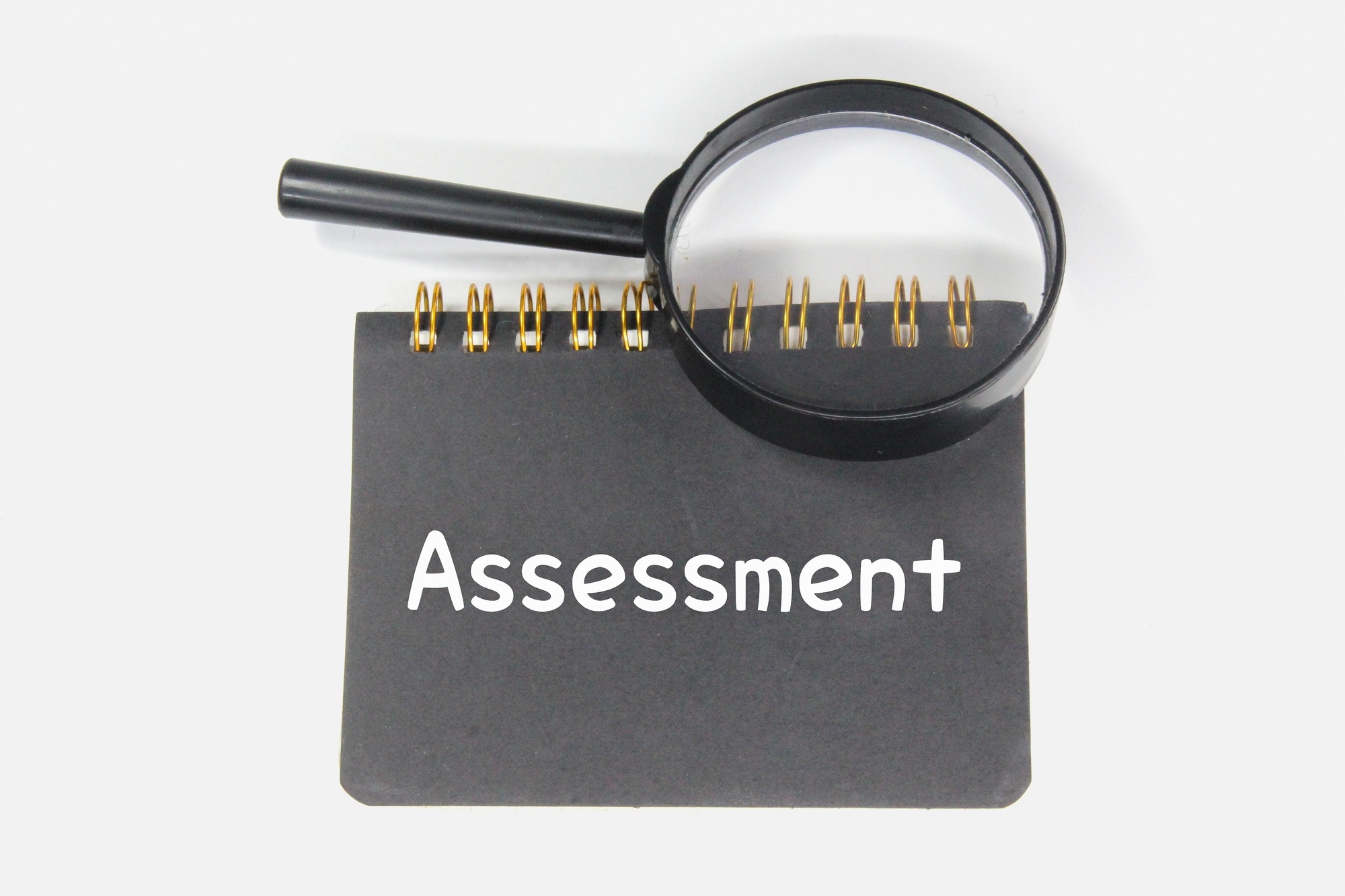Key Takeaways

- Assessing opportunities is crucial before starting a business to ensure alignment with market needs and personal goals.
- Conduct thorough market research to understand target audiences, trends, and competition, enabling informed decision-making.
- Use SWOT analysis to evaluate your strengths, weaknesses, opportunities, and threats, establishing a comprehensive business strategy.
- Evaluate personal readiness by assessing relevant skills and financial preparedness to support your entrepreneurial journey.
- Identify potential market and financial risks to make informed decisions and enhance business sustainability.
- Positioning your business effectively by recognizing market gaps can lead to increased chances of successful startup outcomes.
Starting a business can be an exciting journey, but it’s crucial to assess your opportunities before diving in. You wouldn’t want to invest time and resources into an idea that lacks potential. By evaluating your options, you can identify gaps in the market and discover what truly resonates with your target audience.
Understanding the landscape of your chosen industry helps you make informed decisions. You’ll want to consider factors like market demand competition and your unique strengths. This assessment not only minimizes risks but also sets the foundation for a successful venture. Let’s explore how to effectively evaluate your opportunities and pave the way for your entrepreneurial success.
Understanding Business Opportunities

Understanding business opportunities involves recognizing viable options that can lead to the establishment of a successful small business. You’ll need to identify and evaluate these opportunities to ensure your startup aligns with market needs and your personal goals.
Definition of Business Opportunities
Business opportunities refer to favorable circumstances that can lead to profit and growth within the marketplace. These opportunities may arise from changes in consumer preferences, technological advancements, or unmet market demands. For example, observing a growing interest in sustainable products can indicate a niche market to explore. Recognizing these opportunities early can position you effectively in your industry.
Importance of Assessing Opportunities
Assessing opportunities is crucial before launching a small business. First, it helps you identify potential markets and customer bases. Second, it allows you to determine the feasibility of your business idea by analyzing competition and market trends. Third, it minimizes risks associated with entrepreneurship. Engaging in thorough research can provide valuable insights, guiding your startup strategy and increasing your chances of success. Assessing opportunities ensures that your business endeavor is built on a solid foundation tailored to real market needs.
Methods to Assess Opportunities

You can use several methods to assess opportunities before starting a small business. These techniques help ensure your startup is positioned for success by providing a deep understanding of the market and your own capabilities.
Market Research Techniques
Engaging in comprehensive market research techniques is essential to understand your target audience and market dynamics. Conduct surveys to gather direct feedback from potential customers about their needs and preferences. Analyze industry reports to gain insights into market trends and consumer behavior. Utilize focus groups to discuss your business ideas and gather qualitative data. Leverage online tools to track competitors and assess their strengths and weaknesses. By collecting this data, you can identify market gaps and make informed decisions about how to start your business.
SWOT Analysis
Implementing a SWOT analysis allows you to evaluate your small business’s internal strengths, weaknesses, external opportunities, and threats. Identify your unique selling propositions and areas for improvement, which can help refine your business strategy. Analyze opportunities in the market that align with your strengths, such as emerging trends or technological advancements. Simultaneously, recognize potential threats, such as increased competition or economic downturns. This holistic view aids in developing a robust startup plan and enhances your ability to navigate challenges effectively.
Evaluating Personal Readiness

Evaluating personal readiness is vital when considering how to start a small business. Understand your strengths, weaknesses, and motivations to better prepare for the entrepreneurial journey.
Skills and Experience Assessment
Assess your skills and experiences relevant to your startup. Identify areas where you excel, such as marketing or product development, and recognize areas needing improvement, such as financial management. For instance, if you’re passionate about baking but lack business acumen, consider taking courses or seeking mentorship to gain the necessary skills. Leveraging your talents and filling skill gaps creates a more solid foundation for your small business.
Financial Preparedness
Financial preparedness significantly impacts your startup’s success. Calculate the initial investment required to launch your venture. Establish a budget that includes expenses for equipment, marketing, and operating costs. Additionally, determine how long you can sustain your business without immediate income. Secure adequate funding through personal savings, loans, or investors to minimize risks associated with financial instability. By ensuring your finances are in order, you enhance your ability to navigate challenges effectively as your small business grows.
Identifying Potential Risks

Identifying potential risks is a critical step in assessing opportunities for your small business. By understanding these risks, you can make informed decisions that shape your startup strategy.
Market Risks
Market risks relate to the uncertainties surrounding consumer demand and competition. You must ensure your product or service aligns with market needs. Lack of market fit can result in challenges, such as decreased sales and customer dissatisfaction. Researching your target audience helps confirm that there is a demand for your offering. Analyzing competitors also clarifies the market landscape. Recognizing both existing and emerging competitors allows you to carve out your niche and establish a competitive advantage, crucial for starting a small business.
Financial Risks
Financial risks impact your startup’s sustainability and growth. Effective cash flow management is vital; poor management can jeopardize your business’s operations. Ensure you raise the necessary funds for initial operations and maintain a budget to avoid overspending. Outlining your financial projections and securing adequate funding sources, such as loans or investors, mitigates the risk of financial instability. Evaluating your startup costs upfront helps set realistic expectations and lays a solid foundation for how to start a business successfully.
Conclusion

Assessing your opportunities before launching a business is essential for long-term success. By diving deep into market research and understanding your personal readiness, you can make informed decisions that align with your goals.
Utilizing tools like SWOT analysis and gathering feedback from potential customers can provide clarity on your business landscape. Remember to evaluate potential risks and ensure financial preparedness to navigate challenges effectively.
Taking these steps not only minimizes risks but also sets a solid foundation for your entrepreneurial journey. With the right preparation and insight, you can confidently move forward and seize the opportunities that await.
Frequently Asked Questions

What is the importance of assessing opportunities before starting a business?
Assessing opportunities is vital for identifying market gaps, understanding demand and competition, and determining the feasibility of business ideas. It helps entrepreneurs align their business ideas with market needs and personal goals, ultimately increasing the chances of success.
What defines a business opportunity?
A business opportunity is a favorable circumstance that can lead to profit and growth. These opportunities often stem from changes in consumer preferences, technological advancements, or unmet market demands, allowing entrepreneurs to exploit existing gaps in the market.
How can entrepreneurs effectively assess business opportunities?
Entrepreneurs can assess opportunities through comprehensive market research, including surveys, industry reports, focus groups, and competitor analysis. These methods provide valuable insights into market trends and help refine business strategies to align with potential customer needs.
What is SWOT analysis, and how does it help entrepreneurs?
SWOT analysis is a strategic tool that evaluates a business’s internal strengths and weaknesses, as well as external opportunities and threats. It helps entrepreneurs identify market opportunities aligned with their strengths and prepare for potential challenges.
Why is personal readiness important for aspiring business owners?
Personal readiness is crucial as it ensures entrepreneurs understand their strengths, weaknesses, and motivations. Assessing skills and experience aids in identifying areas for improvement, which helps build confidence and enhances the chances of success in their business journey.
How should entrepreneurs prepare financially before starting a business?
Entrepreneurs should calculate the initial investment needed, establish a budget, and secure adequate funding sources. Financial preparedness minimizes risks associated with financial instability and supports the sustainable growth of the business.
What market risks should entrepreneurs consider when assessing opportunities?
Entrepreneurs should be aware of market risks related to consumer demand and competition. Ensuring a product-market fit is essential to avoid challenges like decreased sales, which can significantly impact business sustainability and growth.
How can effective cash flow management mitigate financial risks?
Effective cash flow management involves outlining financial projections and ensuring sufficient funding sources. By understanding and controlling cash flow, entrepreneurs can avoid financial pitfalls and maintain operations, contributing to long-term success.
Image Via Envato



